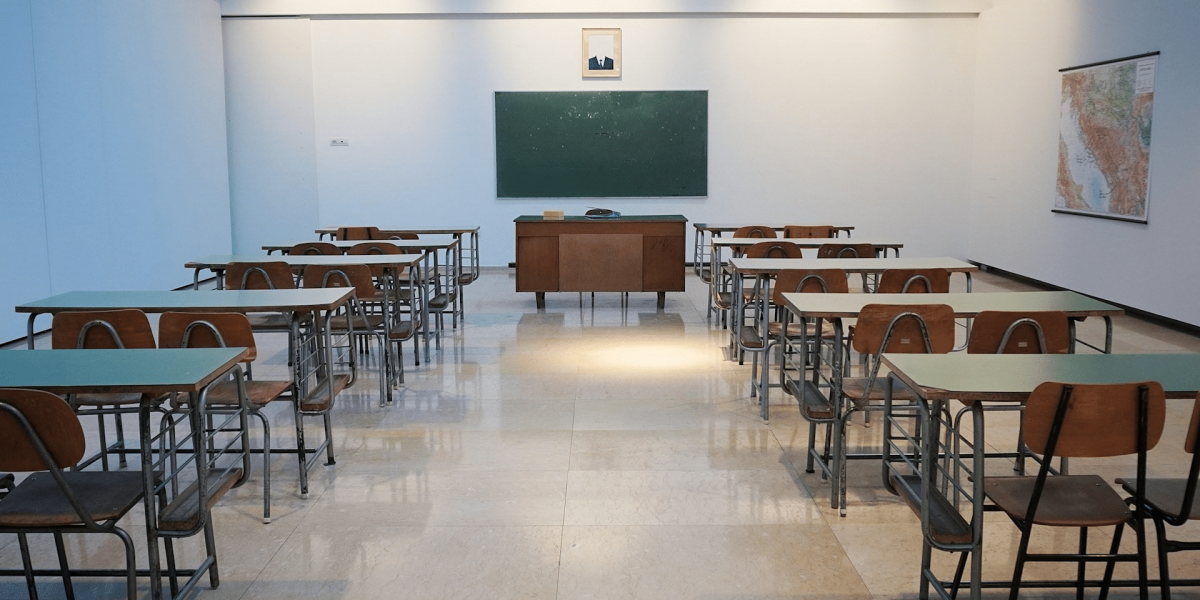In the diverse and dynamic landscape of New York, school politics often mirror the complexity of the city itself. From local school boards to citywide education policies, understanding the nuances of school politics is crucial for parents, educators, and stakeholders alike. This article delves into the intricate world of New York school politics, shedding light on the key players, issues, and strategies for navigating this multifaceted terrain.
The Local Dynamics
New York’s school system is a mosaic of local districts, each with its unique set of challenges and opportunities. Local school boards, composed of elected officials and community representatives, play a pivotal role in shaping educational policies at the grassroots level. Understanding the dynamics of these boards is essential for parents and community members who seek to actively participate in the decision-making process.
These boards act as the linchpin connecting the community with the broader educational landscape. Elected members, often with diverse backgrounds and perspectives, contribute to shaping policies that directly impact the quality of education provided to the city’s youth. The decisions made at this local level reverberate through classrooms, influencing curriculum choices, resource allocations, and community engagement initiatives.
Key Players and Influencers
Navigating school politics in New York involves identifying the key players and influencers at various levels. At the helm of the city’s educational leadership is the Chancellor of the New York City Department of Education, a figurehead responsible for overseeing the vast and intricate system. District superintendents play pivotal roles in implementing policies at a more localized level, ensuring alignment with the unique needs of their respective districts.
Principals, as the leaders within individual schools, have a direct impact on the daily experiences of students and teachers. Their decisions regarding curriculum, teacher hiring, and school culture contribute significantly to the overall educational environment. Additionally, parent-teacher associations (PTAs) act as influential advocacy groups, amplifying the voices of parents and caregivers in the educational decision-making process.
Contrarian Statement: Negotiating Conflicting Priorities
While the overarching goal of school politics is to provide quality education, the reality often involves negotiating conflicting priorities. Balancing the needs of diverse communities, addressing budgetary constraints, and implementing effective teaching methodologies can lead to tensions and disagreements among stakeholders. Negotiating these conflicts requires a delicate approach that takes into account the interests of all parties involved while prioritizing the educational well-being of students.
Conflicting priorities may manifest in debates over resource allocation, curriculum choices, and approaches to standardized testing. For instance, educators might advocate for increased funding to support innovative teaching methods, while administrators may face budget constraints necessitating tough decisions. Navigating these conflicts requires a collaborative mindset that seeks common ground while acknowledging the diverse needs of the student body.
Addressing Equity and Inclusion
In a city as diverse as New York, issues of equity and inclusion are at the forefront of school politics. Disparities in resources, opportunities, and educational outcomes can be significant between different districts and communities. Advocating for policies that promote equity, inclusivity, and cultural responsiveness is a crucial aspect of navigating school politics in a city that thrives on its rich diversity.
Addressing these disparities requires a multifaceted approach. It involves scrutinizing resource distribution, ensuring access to quality educational programs for all students, and actively promoting an inclusive curriculum that reflects the diverse backgrounds of the city’s population. Stakeholders must collaboratively work towards creating an educational environment where every student, regardless of their background, has an equal opportunity to thrive.
Strategies for Engagement
For parents and community members looking to engage in school politics, strategic involvement is key. Attending local school board meetings provides insights into ongoing discussions and decisions that directly impact the community. Participating in PTA activities allows parents to connect with educators, administrators, and other caregivers, fostering a sense of community and shared responsibility.
Staying informed about educational policies at the city and district levels is crucial for effective engagement. This involves actively seeking information through official channels, attending community forums, and leveraging online resources. Building relationships with educators, administrators, and fellow parents fosters a collaborative environment where diverse perspectives can be heard and considered.
Conclusion
In the intricate tapestry of New York school politics, active engagement and understanding are essential ingredients for positive change. Navigating the complexities involves recognizing the key players, addressing conflicting priorities with diplomacy, and advocating for equity and inclusion. As the city evolves, so too must its educational landscape, and those who actively participate in the political process contribute to shaping a brighter future for the students of New York.
In this vibrant and ever-changing environment, navigating school politics becomes a shared responsibility, with each stakeholder playing a vital role in the quest for excellence in education. The intricate dance of competing interests and collaborative efforts ultimately defines the trajectory of New York’s educational journey. As the city continues to mold the minds of its future leaders, navigating school politics becomes not only a civic duty but a collective endeavor to ensure a robust and inclusive educational experience for all.







